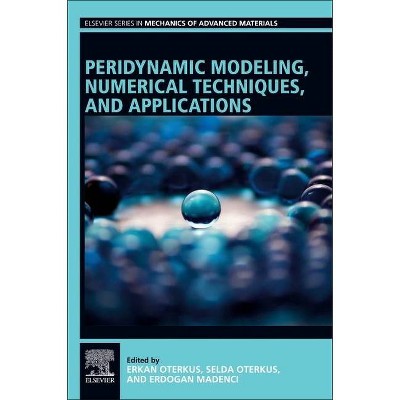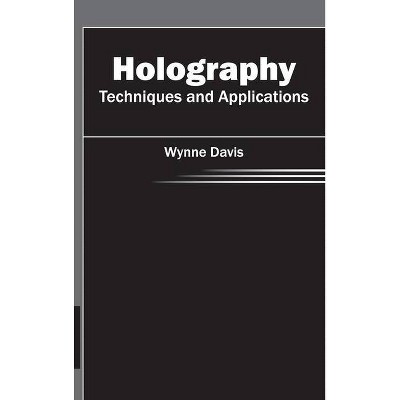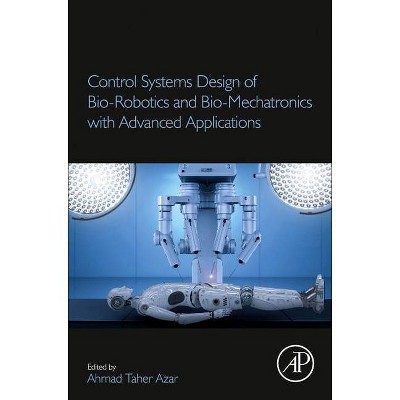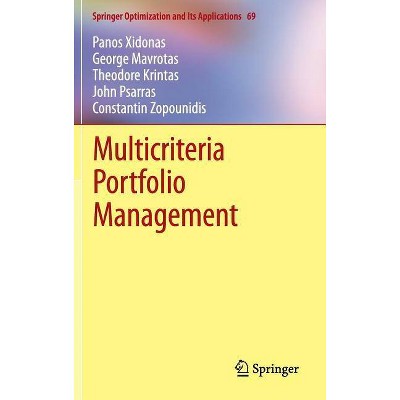Load-Pull Techniques with Applications to Power Amplifier Design - (Springer Advanced Microelectronics) by Fadhel M Ghannouchi & Mohammad S Hashmi
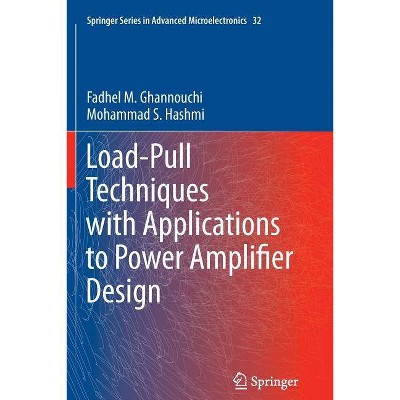
Similar Products
Products of same category from the store
AllProduct info
<p/><br></br><p><b> Book Synopsis </b></p></br></br><p>1 FUNDAMENTALS. 1.1 Introduction. 1.2 RFPowerAmplifierCharacteristics. 1.3 FiguresofMerit. 1.4 PowerAmplifier. 1.5 Power Amplifier Design Methodologies. 1.6 Nonlinear Microwave Measurement System. 1.7 Important Load-Pull Features. 1.8 Common Load-Pull Systems. References. </p><p>2 PASSIVE LOAD-PULL SYSTEMS. 2.1 Introduction. 2.2 Passive Load-Pull System. 2.3 Load-Pull Measurement. 2.4 Harmonic Load-Pull System. 2.5 Tuning Range Enhancement. References. </p><p>3 ACTIVE LOAD-PULL SYSTEMS. 3.1 Introduction. 3.2 Closed-Loop Load-Pull System. 3.3 Closed-Loop Load-Pull Architectures. 3.4 Optimized Closed-Loop Load-Pull System. 3.5 Feed-Forward Load-Pull System. 3.6 Optimized Feed-Forward Load-Pull System. 3.7 Harmonic Feed-Forward Load-Pull System. 3.8 Open-Loop Load-Pull System. 3.9 Convergence Algorithm for Open-Loop and Feed-Forward Load-Pull Techniques. 3.10 Comparison of Active Load-Pull Techniques. References. </p><p>4 SIX-PORT BASED LOAD-PULL SYSTEM. 4.1 Introduction. 4.2 Impedance and Power Flow Measurement. 4.3 SP in Reverse Configuration. 4.4 SP Based Source-Pull Configuration. 4.5 SP Based Load-Pull Configuration. 4.6 On-Wafer Load-Pull Measurements. 4.7 Applications of Source-Pull Setup. 4.8 Oscillator Measurements. 4.9 AM/AMandAM/PMMeasurements. References. </p><p>5 HIGH-POWER LOAD-PULL SYSTEMS. 5.1 Introduction. 5.2 Limitations of Existing Load-Pull Systems. 5.3 High-Power Load-Pull. 5.4 Impact of a Transformation Network on PLP and VSWR. 5.5 Hybrid Load-Pull System. 5.6 CalibrationandDataExtraction. References. </p><p>6 ENVELOPE LOAD-PULL SYSTEM. 6.1 Introduction. 6.2 Envelope Load-Pull Concept. 6.3 PracticalRealization. 6.4 ELPCalibration. 6.5 Stability Analysis. 6.6 Features of the Envelope Load-Pull System. 6.7 Harmonic Envelope Load-Pull System. 6.8 UniqueMeasurementApplications. References. </p><p>7 WAVEFORM MEASUREMENT AND ENGINEERING. 7.1 Introduction. 7.2 Theoretical Formulation. 7.3 Historical Perspectives. 7.4 PracticalWaveformMeasurementSystem. 7.5 SystemCalibration. 7.6 Six-PortBasedWaveformMeasurementSystem. 7.7 Waveform Engineering. 7.8 Applications of Waveform Engineering. References. </p><p>8 ADVANCED CONFIGURATIONS AND APPLICATIONS. 8.1 Introduction. 8.2 Multi-tone Load-Pull Technique. 8.3 Real-Time Multi-harmonic Load-Pull Technique. 8.4 Modulated Signal Load-Pull Technique. 8.5 Multi-tone Envelope Load-Pull Technique. 8.6 Wideband Load-Pull Technique. 8.7 NoiseCharacterization. 8.8 MixerCharacterization. References. </p><p>Authors. About the Book. Index.</p><p/><br></br><p><b> From the Back Cover </b></p></br></br><p>This first book on load-pull systems is intended for readers with a broad knowledge of high frequency transistor device characterization, nonlinear and linear microwave measurements, RF power amplifiers and transmitters. <i>Load-Pull Techniques with Applications to Power Amplifier Design</i> fulfills the demands of users, designers, and researchers both from industry and academia who have felt the need of a book on this topic. It presents a comprehensive reference spanning different load-pull measurement systems, waveform measurement and engineering systems, and associated calibration procedures for accurate large signal characterization. Besides, this book also provides in-depth practical considerations required in the realization and usage of load-pull and waveform engineering systems. In addition, it also provides procedure to design application specific load-pull setup and includes several case studies where the user can customize architecture of load-pull setups to meet any specific measurement requirements. Furthermore, the materials covered in this book can be part of a full semester graduate course on microwave device characterization and power amplifier design.</p><p/><br></br><p><b> About the Author </b></p></br></br><p><b>Fadhel M. Ghannouchi</b> is professor and AITF/CRC Chair in the Department of Electrical and Computer Engineering, Schulich School of Engineering, University of Calgary, Canada, and Director of the Intelligent RF Radio Laboratory. He has held numerous invited positions at several academic and research institutions in Europe, North America and Japan. He has provided consulting services to a number of microwave and wireless communications companies. His research interests are in the areas of microwave instrumentation and measurements, nonlinear modeling of microwave devices and communications systems, design of power and spectrum efficient microwave amplification systems and design of intelligent RF transceivers and software-defined radio systems for wireless and satellite communications. His research activities have led to over 500 publications and 14 US patents (6 pending) and two books. He is Fellow of IEEE and he has been a distinguished microwave lecturer of IEEE MTT-S since 2009.</p><p><b>Mohammad S. Hashmi</b> received MS degree from Darmstadt University of Technology, Germany and PhD degree from Cardiff University, UK. He is now an adjunct researcher at the iRadio Lab, University of Calgary, Canada and Assistant Professor at IIIT Delhi, India. He was previously associated with Philips Semiconductors and Thales Electronics in Germany during which time he was involved in the field of RF circuits and systems. His current research interests are related to nonlinear microwave instrumentation, microwave device characterization, and linearization of power amplifiers for mobile and satellite applications. He was the recipient of 2008 Automatic Radio Frequency Techniques Group (ARFTG) Microwave Measurement Fellowship, and 3rd place winner in the novel and creative instrument design competition organized by IEEE MTT-11 for the year 2008. His research has led to over 40 publications and 3 US patents (pending).</p>
Price History
Price Archive shows prices from various stores, lets you see history and find the cheapest. There is no actual sale on the website. For all support, inquiry and suggestion messages communication@pricearchive.us


